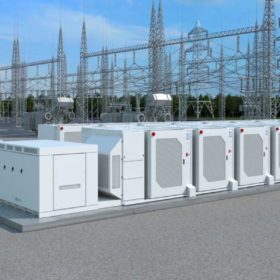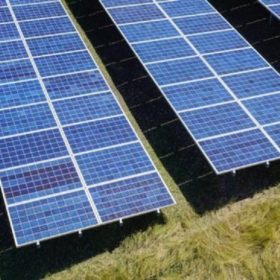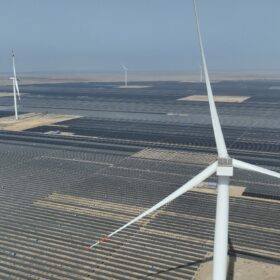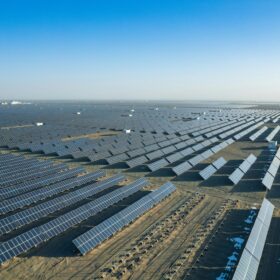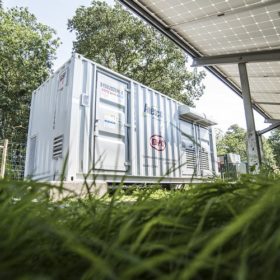VGF-supported battery storage target increased to 13.2 GWh
The Indian government has increased the battery storage target under the viability gap funding (VGF) scheme to 13.2 GWh by FY 2027-28. The scheme provides financial support for up to 40% of the BESS capital cost.
In India, ISTS connected green open access market to add 40 GW capacity by 2030
The Inter-State Transmission System (ISTS) could achieve a green open access (OA) capacity of around 40 GW by 2030, provided that transmission bottlenecks are resolved, and no other significant obstacles emerge. This will represent approximately one-third of green OA capacity in India by 2030.
Indian solar manufacturers must prepare for evolving trade environment, says Rubix report
While Indian solar PV exporters may benefit in the short term from China’s reduced access to the US market, they must prepare for potential disruptions, both from Chinese price competition and possible US tariffs on Indian goods, says a new report by Rubix Data Sciences.
Solar cells using imported blue wafers will not qualify as domestically manufactured
India’s Ministry of New and Renewable Energy (MNRE) has clarified that solar cells manufactured using imported diffused silicon wafer (generally called ‘blue wafer’) shall not qualify for MNRE schemes and programmes that mandate use of domestically manufactured solar PV cells.
India launched 73 GW of utility-scale renewable tenders in 2024
Non-vanilla technologies, such as wind-solar hybrids and battery energy storage, accounted for half of the utility-scale renewable energy capacity tendered in 2024.
Accelerating pumped storage development in India
A white paper by EDF outlines the key challenges hindering pumped storage project (PSP) growth as planned by Government of India and provides strategic recommendations to improve project viability, attract private sector investment, and create a supportive regulatory and financial framework for the rapid development of PSP in India.
CERC adopts tariff for SECI’s 1.2 GW wind-solar hybrid power projects with assured peak power supply under Tranche VI
The wind-solar hybrid power projects were awarded to four successful bidders at tariffs ranging from INR 4.64/kWh to INR 4.73/kWh.
Challenges of dismantling abandoned wind and solar farms
Researchers studying decommissioned wind and solar farms in Italy, Spain, Venezuela, and Argentina have found that weak regulations risk leaving more abandoned assets in their wake.
Power ministry mandates energy storage co-location with solar projects
India’s Ministry of Power has mandated that all renewable energy implementing agencies (REIAs) and State utilities must incorporate a minimum of two-hour co-located energy storage systems (ESS), equivalent to 10% of the installed solar project capacity, in future solar tenders.
Trump executive order places 25% tariff on aluminum and steel
Aluminum is used in solar panel frames and racking and steel is used in solar ground mounts and trackers.
